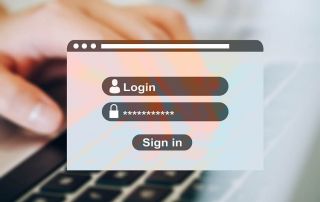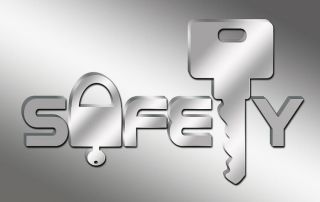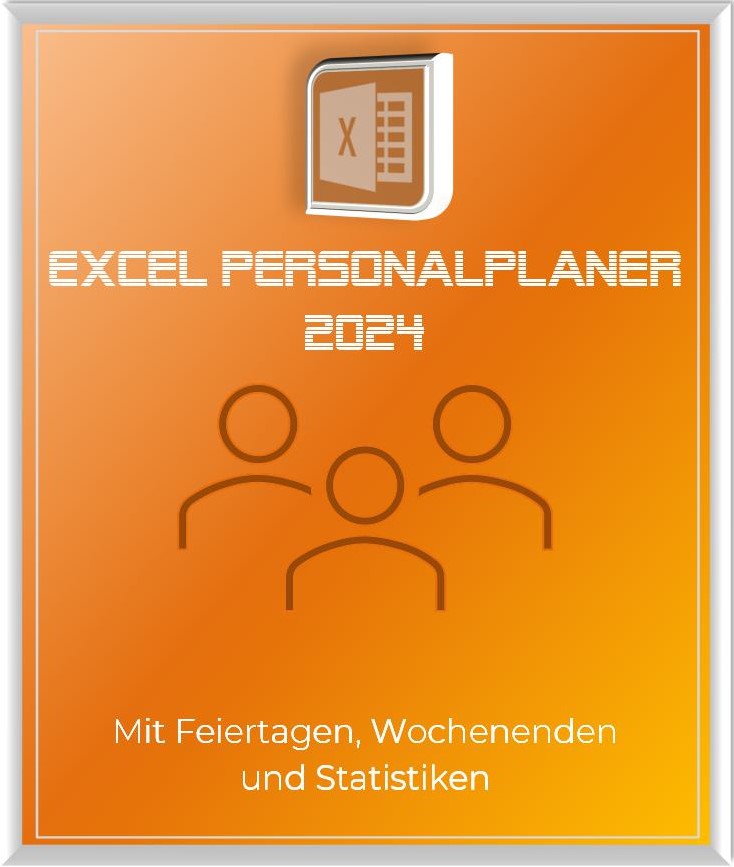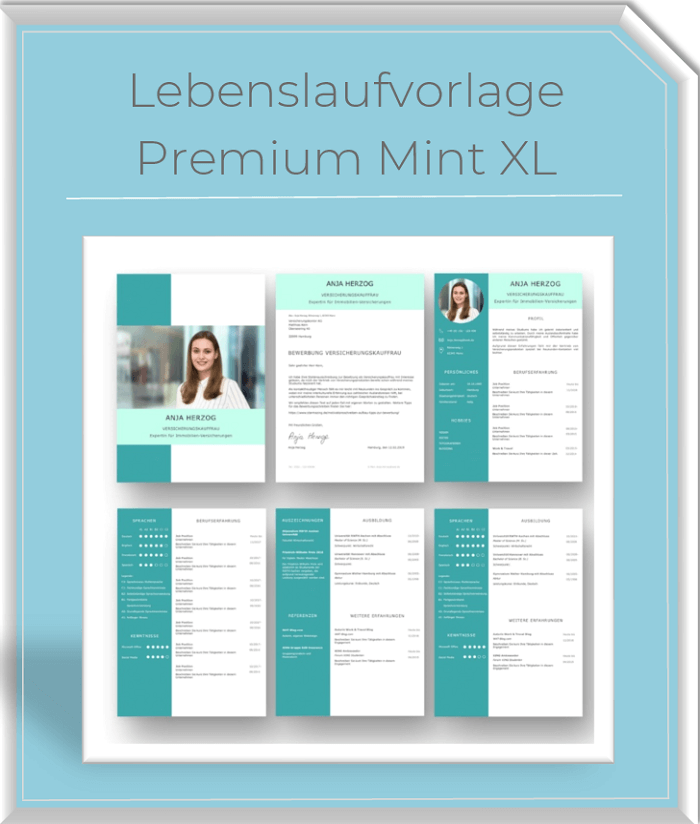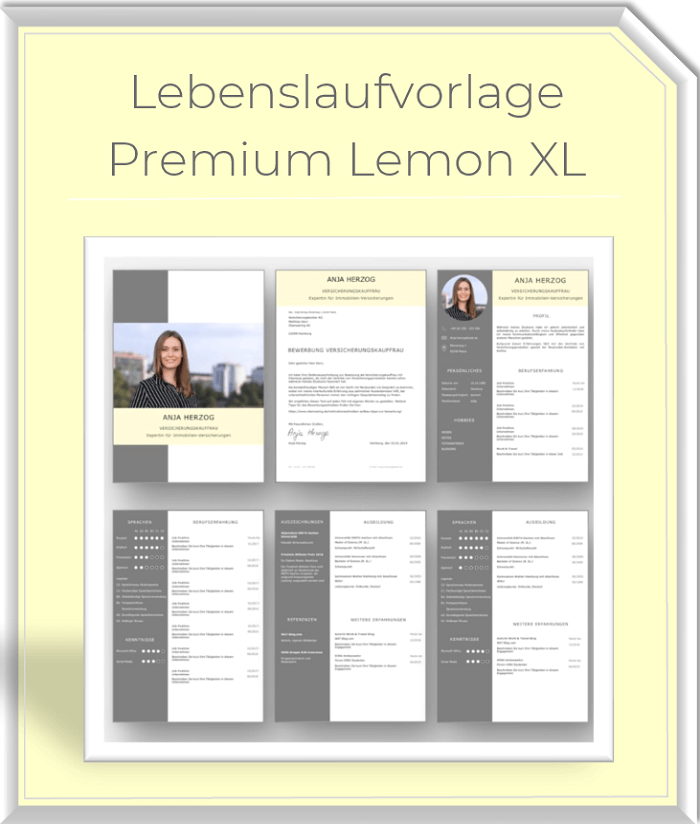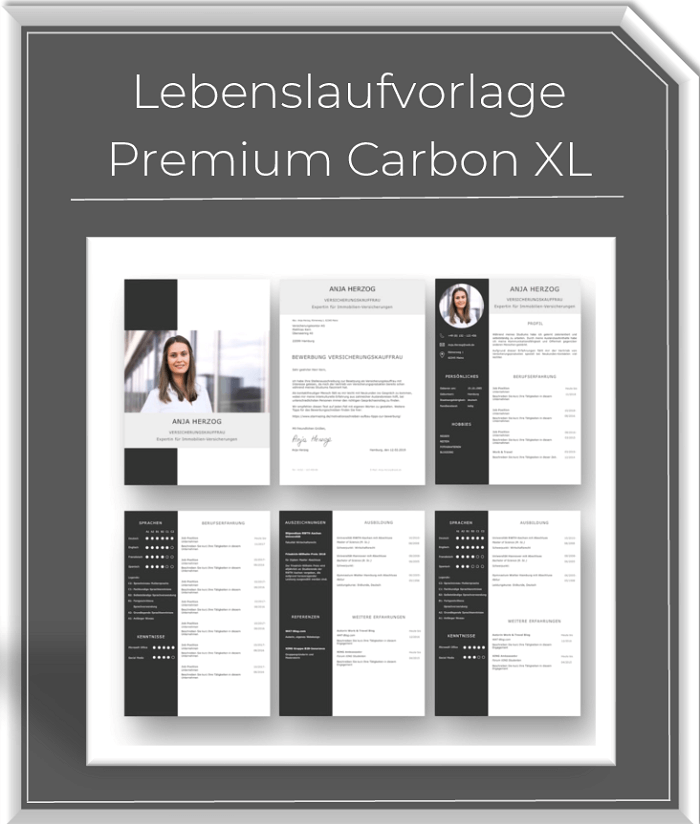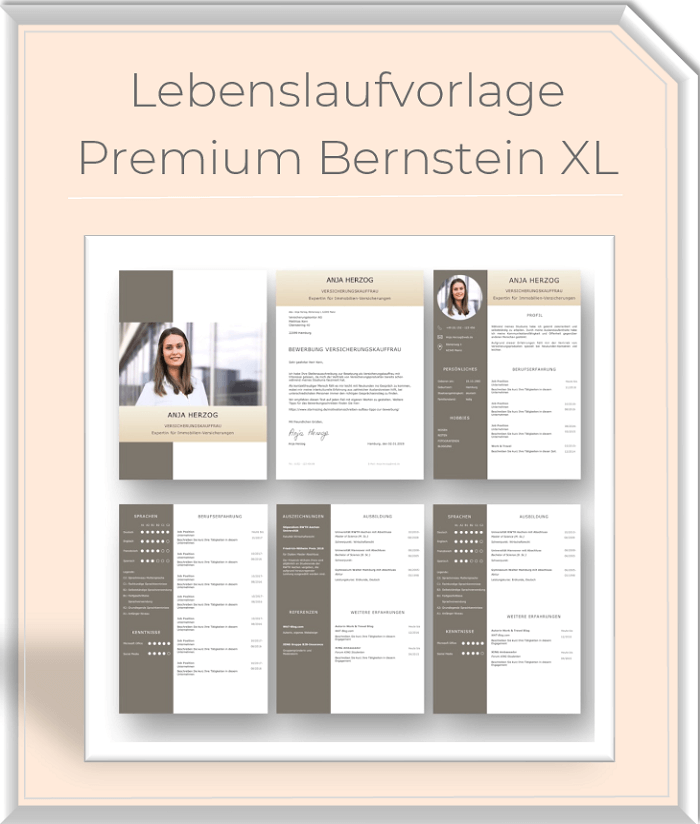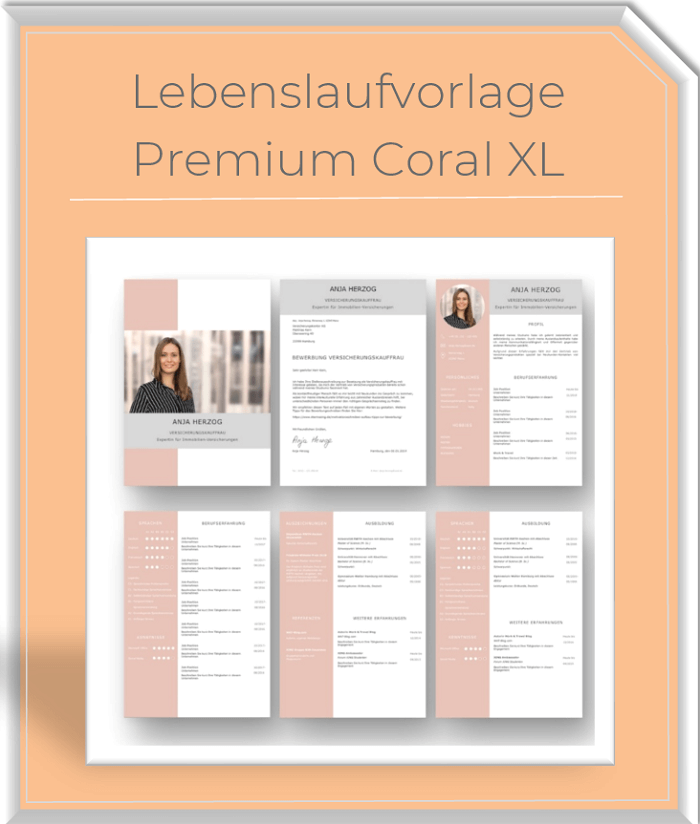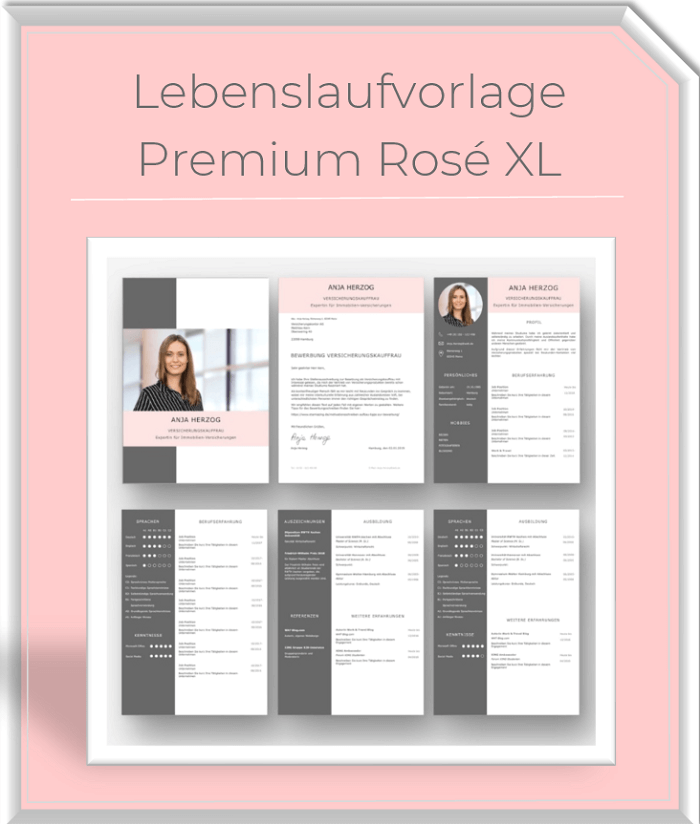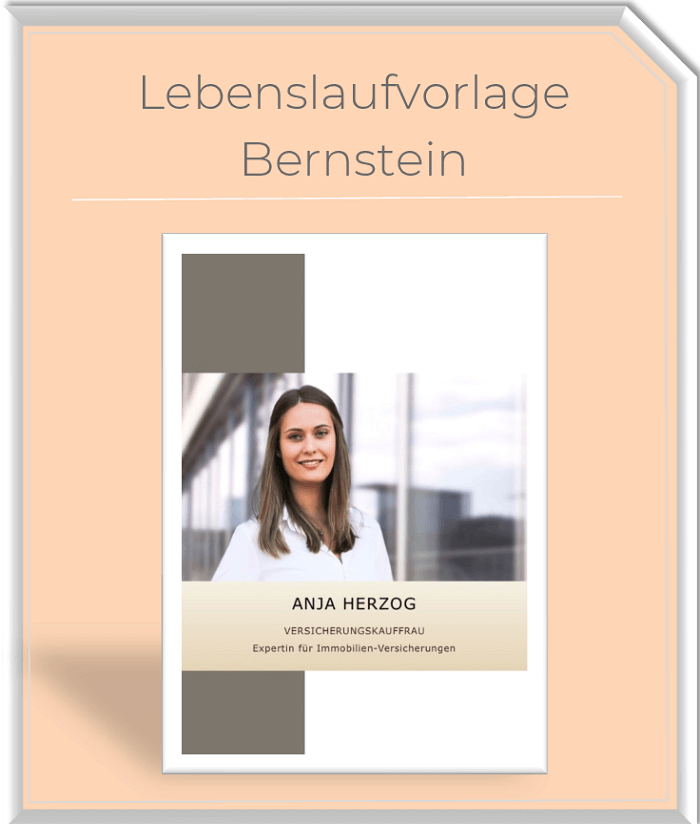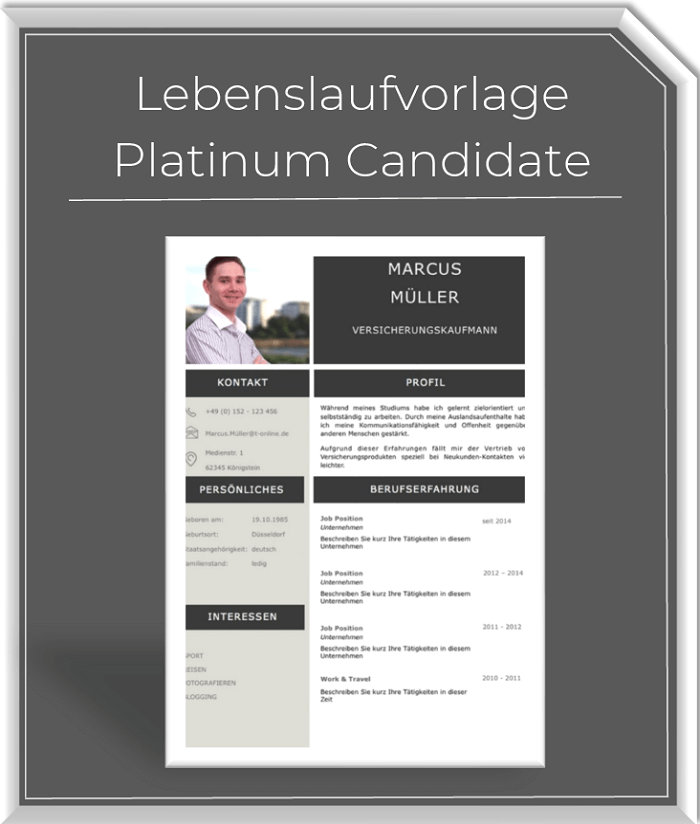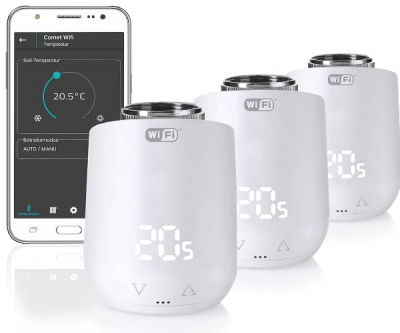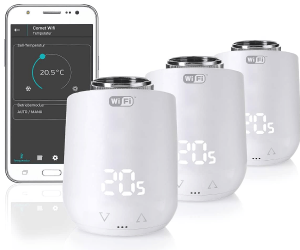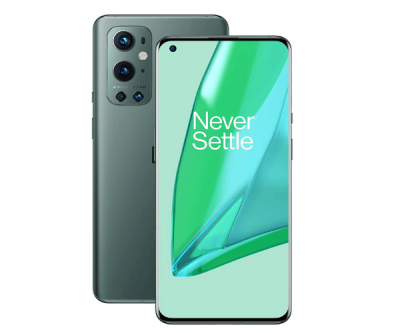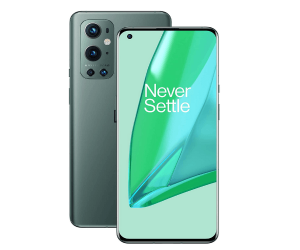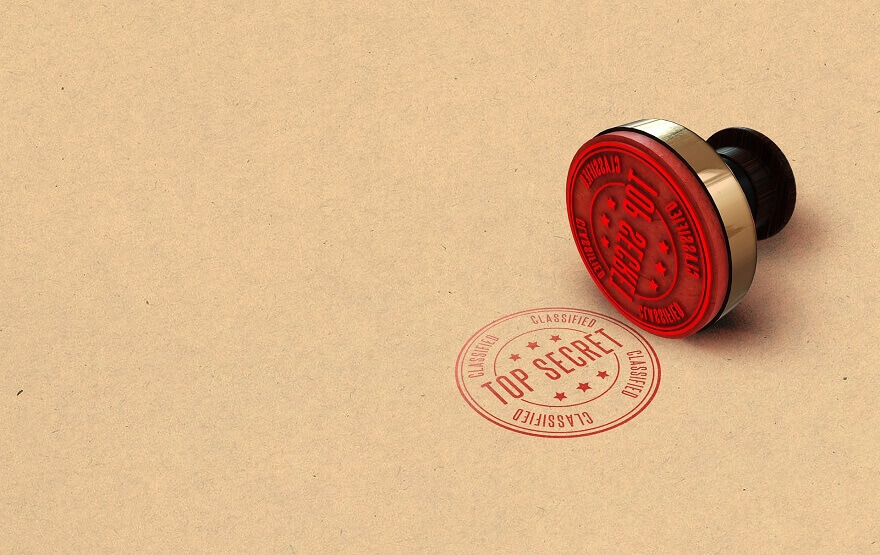Job interview – Ruined in the first 5 minutes
An interview is a crucial moment in your career. It’s the opportunity to show yourself from your best side, your Showcase your skills and experience and convince the potential employer that you are the right person for the job. But despite all the preparation and good intentions, mistakes can happen – and sometimes these mistakes can occur within the first five minutes of the conversation.
In this article, we take a humorous look at the 6 most common mistakes you can make in the first five minutes of your interview without really realizing it, and give you tips on how to avoid them.

Job interview – Ruined in the first 5 minutes
An interview is a crucial moment in your career. It’s the opportunity to show yourself from your best side, your Showcase your skills and experience and convince the potential employer that you are the right person for the job. But despite all the preparation and good intentions, mistakes can happen – and sometimes these mistakes can occur within the first five minutes of the conversation.
In this article, we take a humorous look at the 6 most common mistakes you can make in the first five minutes of your interview without really realizing it, and give you tips on how to avoid them.

6 most common job interview mistakes
6 most common job interview mistakes
It’s the moment you’ve been working toward for weeks, if not months. You polished your CV, wrote your cover letter in 1A photos and finally received the long-awaited invitation to an interview. But before you set off on your journey to finding a potential employer, let’s take a look at the 6 most common mistakes you can make in the first five minutes of your interview.
No. 1 Lateness
Imagine you’re on your way to an important job interview, and then the inevitable happens: you’re stuck in traffic, the bus pulls out of front of you, or your alarm went off.
In short: You’re too late!
Being late is like an unwelcome guest at a party – they cast a shadow over the entire event and put you in a bad light. But don’t worry, we’re here to help you avoid this awkward scenario and make sure you’re on time and ready for your interview.
1. Plan ahead
It may sound obvious, but the best defense against delays is good preparation. Check the route to the company in advance and take into account possible traffic problems. If you use public transport, plan an earlier bus or train to compensate for possible delays.
2. Give yourself a “slack time”
Plan to arrive at least 15 minutes before the scheduled interview time. This extra time gives you a chance to gather yourself, explore, and possibly urinate before the Interview begins.
3. If you’re late, act professionally
Sometimes delays are unavoidable despite the best planning. If you realize you’re going to be late, call the company as soon as possible (e.g. if you happen to be stuck in traffic) and apologize for the inconvenience. Your professionalism in this situation can help mitigate the negative impression of being late.
4. Learn from your mistakes
If you’re ever late, use that experience as a lesson for the future. Analyze what went wrong and what you can do differently next time to be on time.
5. Always remember: Punctuality is a virtue
Punctuality shows respect for other people’s time and is a sign of professionalism. By showing up for your interview on time, you show the potential employer that you are responsible and reliable.
So, next time you’re on your way to a job interview remember: Time waits for no one. Plan ahead, give yourself some slack, and act professionally if you’re late. Not being on time is the first thing you can do wrong at an interview, but with the right planning, it could also be the key to your next job.
No. 2 Inappropriate Dressing: A fashion minefield
Imagine walking into your potential employer’s office ready to impress them with your impressive resume and charming demeanor. But before you can even say a word, the interviewer’s gaze falls on your clothing and his eyebrows shoot up. You have entered the fashion minefield called “inappropriate clothing”.
1. The Sweatpants Trap
Sweatpants may be the epitome of comfort, but they have no place in a job interview. Unless you’re applying to be a tester for a new line of athletic apparel. Otherwise you should leave the sweatpants at home. It sends the message: “I didn’t bother to dress appropriately”.
2. The “too casual” trap
Jeans and a t-shirt may be acceptable in some work environments, but for an interview you should step up a notch. Even if the company has a casual dress code, going a little more formal shows you’re taking the opportunity seriously.
3. The “too formal” trap
On the other end of the spectrum, looking too formal can be just as problematic. If you are in a three-piece suit for an interview Appearing in a startup that values a casual atmosphere, you might be perceived as stiff or overly formal. You would probably be categorized as “doesn’t fit into the team”.
4. The “too fashionable” trap
It’s great if you have an eye for fashion, but a job interview is not the place to present the latest trends. Looking too fashionable can be distracting and make it seem like you value your looks over your skills.
5. The “too much skin” trap
Clothing that shows too much skin is another fashion minefield. Even if you’re proud of your body, revealing clothing can look unprofessional and take focus away from your qualifications.
To avoid these fashion minefields, find out about the company’s dress code in advance and dress appropriately. If you’re unsure, it’s always better to be a little too formal than too casual. And remember: Your goal is to use your Skills and experience to shine, not through your clothes!
No. 3 Weak handshake – The grip in the void
Finally the day has come. You’re on time, well dressed, turned off your phone, and ready to to impress interviewers with your knowledge and enthusiasm. You meet the interviewer, reach out and… it feels like shaking a wet fish. Congratulations, you just gave the weakest handshake in history! A weak handshake can say more about you than you think. It can signal insecurity, lack of self-confidence or disinterest. And those aren’t exactly the qualities you want to convey in an interview.
But don’t worry, a weak handshake is not an inevitable fate.
- Practice makes perfect: Practice your handshake with friends or family members. They can give you honest feedback and help you find the right print
- Be confident: A firm handshake shows confidence. Reach out your hand, look the other person in the eye, and give a firm but not bone-crushing handshake.
- Duration of the handshake: A good handshake lasts about two to three seconds and should always be combined with eye contact. Longer can be uncomfortable, shorter can be perceived as fleeting or disinterested.
- Avoid sweaty hands: Nervousness can lead to sweaty hands, which can make shaking hands uncomfortable. If you tend to get sweaty hands, try wiping your hands before the interview.
- Be authentic: A handshake should be an expression of your personality. Don’t try to be someone else. Just be yourself, be confident and show respect for the other person.
A good handshake is like a good first sentence in a novel. He can set the tone for the rest of the conversation and make a strong first impression. So, practice your handshake, be confident, and show the interviewer that you’re ready to take on the challenges of the position.
A handshake is more than just physical contact, it’s an expression of your personality and your professionalism!
No. 4 Lack of Eye Contact – The Invisible Elephant
Imagine you walk into that long-awaited job interview and the interviewer starts asking you questions. You answer fluently and confidently, but your gaze constantly wanders, fixing the table, the wall, the floor, everything but the interviewer’s eyes. How do you think that affects the interviewer? Exactly, it’s like there’s an invisible elephant in the room, distracting attention from what’s really important – the conversation between you and the Interviewer.
A lack of eye contact can signal many things, and unfortunately most of them aren’t positive. It can suggest insecurity, disinterest, or even disrespect. And those are certainly not the impressions you want to leave, are they?
But don’t worry, with a little practice you can improve your eye contact:
- Practice makes perfect: Practice making eye contact with friends or family members. It may be uncomfortable at first, but you’ll get used to it over time.
- The 50/70 rule: Try to maintain eye contact about 70% of the time while listening and about 50% of the time while speaking. This creates a balance between commitment and respect.
- Don’t stare: Staring can be just as uncomfortable as not making eye contact. It’s okay to occasionally look away, as long as you maintain eye contact the majority of the time.
- Use the triangle method: If direct eye contact is too intense, alternately look at the interviewer’s left eye, right eye, and mouth. It’s still perceived as eye contact, but is less intense.
- Relax: Remember that the interviewer is only human. It’s okay to be nervous, but try to relax and enjoy the conversation.
Remember, eye contact is only part of non-verbal communication. Your posture, gestures and facial expressions also play an important role. But with a little practice and focusing on the moment, you can ensure that your eye contact – and therefore your entire appearance – makes a positive impression at the next interview. And who knows, maybe the invisible elephant in the room will still be visible!
No. 5 Talking negatively about your current or previous employer
We’ve all experienced it. You are sitting in an interview and the interviewer asks you about your current or previous employer. Maybe your boss was a bully, or the working conditions were less than ideal. It’s tempting to tell the truth and let your frustration out in this moment. But stop! Before you embark on a rant, remember: Negative talk about your current or previous employer can put you in a bad light. But why is it like that?
- First it shows a lack of professionalism. No matter how bad your experience was, a job interview is not the place to discuss it. It may appear that you are unable to handle conflicts at work or that you tend to blame others.
- Secondly, it might prompt the interviewer to wonder if you’ll say the same thing about their company in the future. No one wants to hire an employee who has the potential to speak ill of the company.
What can you do instead?
It’s important to be honest, but you can present your experiences in a positive, or at least neutral way. Instead of saying, “My boss was a bully,” you might say, “I’ve learned to work under a variety of leadership styles, and I look forward to working in an environment that encourages teamwork and open communication.”
“When asked about the reasons for wanting to change jobs, focus on what you are looking for instead of what you want to avoid. Instead of saying, ‘I can’t take the working conditions anymore,’ you might say : “I am looking for a position that offers me the opportunity to further develop my skills in a supportive and challenging environment.”
Remember, an interview is a chance to put your best foot forward. Use this opportunity to show that you are a professional, positive and forward-thinking candidate. And who knows? Maybe your next employer will be the one you have nothing but good things to say about in the future!
No. 6 Being unprepared – The quickest way to not getting the job
Imagine going to a party and bringing a bottle of red wine, only to find out it’s a kid’s birthday party. embarrassing, right? Well, showing up to an interview unprepared can be just as embarrassing.
1. The Company? Never heard of!
If you can’t even pronounce the name of the company or have no idea what they do, you’re lost before you even start. Imagine you go to an interview at “Siemens” and pronounce it like “Simens”. Or you think that “Bosch” is a fashion brand. Not exactly the best first impression, right?
2. The position? No idea!
It’s just as important to understand the role you’re applying for. If you apply for a job as a software developer and think that you will only play computer games all day, then you are on the wrong track. And if you think a “data scientist” is someone who works with test tubes and microscopes in the lab, then you might want to reconsider your career choice.
3. Questions? None!
If you don’t have any questions, it could be taken as disinterest. It’s an opportunity to learn more about the company and the role, and to show that you’re committed and interested. If the interviewer asks “Do you have any questions?” and you respond with “No, I’m fine”, it could be the end of your job opportunities.
4. Answer? Neither!
If you don’t have answers to the interviewer’s questions, it’s a clear sign that you’re not well prepared. If you’re asked, “Why do you want to work for our company?” and you respond with “Um, because… um… you… um… have a vacancy?”, that’s not exactly the answer the interviewer wants to hear.
5. Your phone is your best friend
If you keep checking your phone during the conversation, you’re sending the message that you’re not really interested. It’s disrespectful and distracting. Make sure your phone is off or at least on silent.
Going to an interview unprepared is like going to an exam without studying. It’s a surefire way to not get the job. But don’t worry, with a little preparation and awareness of the situation you’re in, you can avoid these mistakes and make a positive first impression. So, before you go to your next job interview, take the time to prepare properly. You will not regret it!
Reading tips:
It’s the moment you’ve been working toward for weeks, if not months. You polished your CV, wrote your cover letter in 1A photos and finally received the long-awaited invitation to an interview. But before you set off on your journey to finding a potential employer, let’s take a look at the 6 most common mistakes you can make in the first five minutes of your interview.
No. 1 Lateness
Imagine you’re on your way to an important job interview, and then the inevitable happens: you’re stuck in traffic, the bus pulls out of front of you, or your alarm went off.
In short: You’re too late!
Being late is like an unwelcome guest at a party – they cast a shadow over the entire event and put you in a bad light. But don’t worry, we’re here to help you avoid this awkward scenario and make sure you’re on time and ready for your interview.
1. Plan ahead
It may sound obvious, but the best defense against delays is good preparation. Check the route to the company in advance and take into account possible traffic problems. If you use public transport, plan an earlier bus or train to compensate for possible delays.
2. Give yourself a “slack time”
Plan to arrive at least 15 minutes before the scheduled interview time. This extra time gives you a chance to gather yourself, explore, and possibly urinate before the Interview begins.
3. If you’re late, act professionally
Sometimes delays are unavoidable despite the best planning. If you realize you’re going to be late, call the company as soon as possible (e.g. if you happen to be stuck in traffic) and apologize for the inconvenience. Your professionalism in this situation can help mitigate the negative impression of being late.
4. Learn from your mistakes
If you’re ever late, use that experience as a lesson for the future. Analyze what went wrong and what you can do differently next time to be on time.
5. Always remember: Punctuality is a virtue
Punctuality shows respect for other people’s time and is a sign of professionalism. By showing up for your interview on time, you show the potential employer that you are responsible and reliable.
So, next time you’re on your way to a job interview remember: Time waits for no one. Plan ahead, give yourself some slack, and act professionally if you’re late. Not being on time is the first thing you can do wrong at an interview, but with the right planning, it could also be the key to your next job.
No. 2 Inappropriate Dressing: A fashion minefield
Imagine walking into your potential employer’s office ready to impress them with your impressive resume and charming demeanor. But before you can even say a word, the interviewer’s gaze falls on your clothing and his eyebrows shoot up. You have entered the fashion minefield called “inappropriate clothing”.
1. The Sweatpants Trap
Sweatpants may be the epitome of comfort, but they have no place in a job interview. Unless you’re applying to be a tester for a new line of athletic apparel. Otherwise you should leave the sweatpants at home. It sends the message: “I didn’t bother to dress appropriately”.
2. The “too casual” trap
Jeans and a t-shirt may be acceptable in some work environments, but for an interview you should step up a notch. Even if the company has a casual dress code, going a little more formal shows you’re taking the opportunity seriously.
3. The “too formal” trap
On the other end of the spectrum, looking too formal can be just as problematic. If you are in a three-piece suit for an interview Appearing in a startup that values a casual atmosphere, you might be perceived as stiff or overly formal. You would probably be categorized as “doesn’t fit into the team”.
4. The “too fashionable” trap
It’s great if you have an eye for fashion, but a job interview is not the place to present the latest trends. Looking too fashionable can be distracting and make it seem like you value your looks over your skills.
5. The “too much skin” trap
Clothing that shows too much skin is another fashion minefield. Even if you’re proud of your body, revealing clothing can look unprofessional and take focus away from your qualifications.
To avoid these fashion minefields, find out about the company’s dress code in advance and dress appropriately. If you’re unsure, it’s always better to be a little too formal than too casual. And remember: Your goal is to use your Skills and experience to shine, not through your clothes!
No. 3 Weak handshake – The grip in the void
Finally the day has come. You’re on time, well dressed, turned off your phone, and ready to to impress interviewers with your knowledge and enthusiasm. You meet the interviewer, reach out and… it feels like shaking a wet fish. Congratulations, you just gave the weakest handshake in history! A weak handshake can say more about you than you think. It can signal insecurity, lack of self-confidence or disinterest. And those aren’t exactly the qualities you want to convey in an interview.
But don’t worry, a weak handshake is not an inevitable fate.
- Practice makes perfect: Practice your handshake with friends or family members. They can give you honest feedback and help you find the right print
- Be confident: A firm handshake shows confidence. Reach out your hand, look the other person in the eye, and give a firm but not bone-crushing handshake.
- Duration of the handshake: A good handshake lasts about two to three seconds and should always be combined with eye contact. Longer can be uncomfortable, shorter can be perceived as fleeting or disinterested.
- Avoid sweaty hands: Nervousness can lead to sweaty hands, which can make shaking hands uncomfortable. If you tend to get sweaty hands, try wiping your hands before the interview.
- Be authentic: A handshake should be an expression of your personality. Don’t try to be someone else. Just be yourself, be confident and show respect for the other person.
A good handshake is like a good first sentence in a novel. He can set the tone for the rest of the conversation and make a strong first impression. So, practice your handshake, be confident, and show the interviewer that you’re ready to take on the challenges of the position.
A handshake is more than just physical contact, it’s an expression of your personality and your professionalism!
No. 4 Lack of Eye Contact – The Invisible Elephant
Imagine you walk into that long-awaited job interview and the interviewer starts asking you questions. You answer fluently and confidently, but your gaze constantly wanders, fixing the table, the wall, the floor, everything but the interviewer’s eyes. How do you think that affects the interviewer? Exactly, it’s like there’s an invisible elephant in the room, distracting attention from what’s really important – the conversation between you and the Interviewer.
A lack of eye contact can signal many things, and unfortunately most of them aren’t positive. It can suggest insecurity, disinterest, or even disrespect. And those are certainly not the impressions you want to leave, are they?
But don’t worry, with a little practice you can improve your eye contact:
- Practice makes perfect: Practice making eye contact with friends or family members. It may be uncomfortable at first, but you’ll get used to it over time.
- The 50/70 rule: Try to maintain eye contact about 70% of the time while listening and about 50% of the time while speaking. This creates a balance between commitment and respect.
- Don’t stare: Staring can be just as uncomfortable as not making eye contact. It’s okay to occasionally look away, as long as you maintain eye contact the majority of the time.
- Use the triangle method: If direct eye contact is too intense, alternately look at the interviewer’s left eye, right eye, and mouth. It’s still perceived as eye contact, but is less intense.
- Relax: Remember that the interviewer is only human. It’s okay to be nervous, but try to relax and enjoy the conversation.
Remember, eye contact is only part of non-verbal communication. Your posture, gestures and facial expressions also play an important role. But with a little practice and focusing on the moment, you can ensure that your eye contact – and therefore your entire appearance – makes a positive impression at the next interview. And who knows, maybe the invisible elephant in the room will still be visible!
No. 5 Talking negatively about your current or previous employer
We’ve all experienced it. You are sitting in an interview and the interviewer asks you about your current or previous employer. Maybe your boss was a bully, or the working conditions were less than ideal. It’s tempting to tell the truth and let your frustration out in this moment. But stop! Before you embark on a rant, remember: Negative talk about your current or previous employer can put you in a bad light. But why is it like that?
- First it shows a lack of professionalism. No matter how bad your experience was, a job interview is not the place to discuss it. It may appear that you are unable to handle conflicts at work or that you tend to blame others.
- Secondly, it might prompt the interviewer to wonder if you’ll say the same thing about their company in the future. No one wants to hire an employee who has the potential to speak ill of the company.
What can you do instead?
It’s important to be honest, but you can present your experiences in a positive, or at least neutral way. Instead of saying, “My boss was a bully,” you might say, “I’ve learned to work under a variety of leadership styles, and I look forward to working in an environment that encourages teamwork and open communication.”
“When asked about the reasons for wanting to change jobs, focus on what you are looking for instead of what you want to avoid. Instead of saying, ‘I can’t take the working conditions anymore,’ you might say : “I am looking for a position that offers me the opportunity to further develop my skills in a supportive and challenging environment.”
Remember, an interview is a chance to put your best foot forward. Use this opportunity to show that you are a professional, positive and forward-thinking candidate. And who knows? Maybe your next employer will be the one you have nothing but good things to say about in the future!
No. 6 Being unprepared – The quickest way to not getting the job
Imagine going to a party and bringing a bottle of red wine, only to find out it’s a kid’s birthday party. embarrassing, right? Well, showing up to an interview unprepared can be just as embarrassing.
1. The Company? Never heard of!
If you can’t even pronounce the name of the company or have no idea what they do, you’re lost before you even start. Imagine you go to an interview at “Siemens” and pronounce it like “Simens”. Or you think that “Bosch” is a fashion brand. Not exactly the best first impression, right?
2. The position? No idea!
It’s just as important to understand the role you’re applying for. If you apply for a job as a software developer and think that you will only play computer games all day, then you are on the wrong track. And if you think a “data scientist” is someone who works with test tubes and microscopes in the lab, then you might want to reconsider your career choice.
3. Questions? None!
If you don’t have any questions, it could be taken as disinterest. It’s an opportunity to learn more about the company and the role, and to show that you’re committed and interested. If the interviewer asks “Do you have any questions?” and you respond with “No, I’m fine”, it could be the end of your job opportunities.
4. Answer? Neither!
If you don’t have answers to the interviewer’s questions, it’s a clear sign that you’re not well prepared. If you’re asked, “Why do you want to work for our company?” and you respond with “Um, because… um… you… um… have a vacancy?”, that’s not exactly the answer the interviewer wants to hear.
5. Your phone is your best friend
If you keep checking your phone during the conversation, you’re sending the message that you’re not really interested. It’s disrespectful and distracting. Make sure your phone is off or at least on silent.
Going to an interview unprepared is like going to an exam without studying. It’s a surefire way to not get the job. But don’t worry, with a little preparation and awareness of the situation you’re in, you can avoid these mistakes and make a positive first impression. So, before you go to your next job interview, take the time to prepare properly. You will not regret it!
Reading tips:
Popular Posts
Integrate and use ChatGPT in Excel – is that possible?
ChatGPT is more than just a simple chatbot. Learn how it can revolutionize how you work with Excel by translating formulas, creating VBA macros, and even promising future integration with Office.
A turning point in EU policy on regulating AI
The EU's AI Act represents a historic step forward in the regulation of artificial intelligence. With strict guidelines for high-risk applications, it paves the way for safe and responsible AI innovation on a global scale.
The most important cookie settings in Google Chrome
Find out all about the latest cookie settings in Google Chrome. From third-party cookie blocking to SameSite attributes, we cover the most important updates for your online security and privacy.
QR code scams and how to protect yourself
Cybercriminals use fake QR codes to link to malicious websites or distribute malware. Protect yourself by checking the source, using previews and keeping your smartphone up to date. Be vigilant and enjoy digital conveniences safely.
Start Windows without password – How it works
Starting Windows without a password can be useful if your computer is protected from unauthorized access at home. There is no need to change your password either.
The best backup solutions for your data
Keep your data safe and secure! Discover our best backup solutions for your valuable information now. Because safety is the be-all and end-all - and we have the perfect tips.
Popular Posts
Integrate and use ChatGPT in Excel – is that possible?
ChatGPT is more than just a simple chatbot. Learn how it can revolutionize how you work with Excel by translating formulas, creating VBA macros, and even promising future integration with Office.
A turning point in EU policy on regulating AI
The EU's AI Act represents a historic step forward in the regulation of artificial intelligence. With strict guidelines for high-risk applications, it paves the way for safe and responsible AI innovation on a global scale.
The most important cookie settings in Google Chrome
Find out all about the latest cookie settings in Google Chrome. From third-party cookie blocking to SameSite attributes, we cover the most important updates for your online security and privacy.
QR code scams and how to protect yourself
Cybercriminals use fake QR codes to link to malicious websites or distribute malware. Protect yourself by checking the source, using previews and keeping your smartphone up to date. Be vigilant and enjoy digital conveniences safely.
Start Windows without password – How it works
Starting Windows without a password can be useful if your computer is protected from unauthorized access at home. There is no need to change your password either.
The best backup solutions for your data
Keep your data safe and secure! Discover our best backup solutions for your valuable information now. Because safety is the be-all and end-all - and we have the perfect tips.






